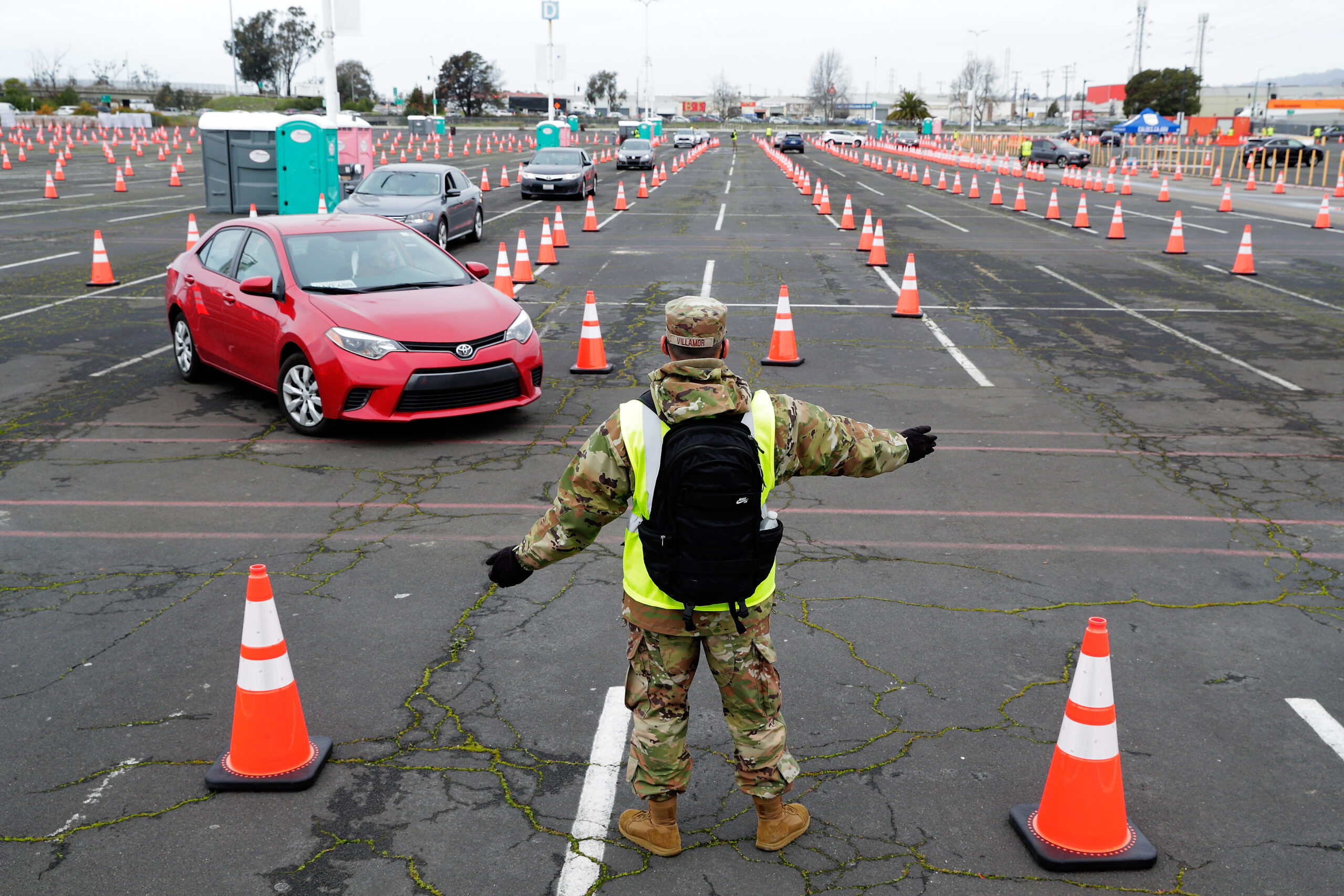San Francisco is on track to become the first city in the nation to require private companies to keep paying military reservists when they ship off for duty, according to Supervisor Gordon Mar, who sponsored the new local law.
The Military Reserve Pay Protection Act, which unanimously passed the San Francisco Board of Supervisors yesterday, says that companies with 100 or more employees have to keep paying members of the National Guard and U.S. military reserves for up to 30 days after they’re deployed. Employers will need to shell out the difference between the reservists’ typical salary at their day job and what the U.S. military pays while they’re on active duty.
The act came out of a desire to “ensure that workers in San Francisco who are making the personal sacrifice to serve our country as members of the military reserves, including the National Guard, are not having to subsidize that commitment out of their pockets,” said Mar.
Mayor London Breed now has the option to sign the ordinance into law or veto it.
The U.S. National Guard and other military reserve branches have struggled to recruit locally, said Courtney Ellington, CEO of OneVet OneVoice and a member of SF’s Veteran Affairs Commission. One major issue, according to Ellington, is how low military pay is compared to the high wages for civilian work in San Francisco.
“Soldiers are feeling as if, ‘Why should I serve? If I get deployed, I’m going to be losing money, and I’m still trying to afford to live in this city,’” Ellington said.
Enlisted Army National Guard privates with less than two years of experience are paid around $2,000 per month when they are deployed on active duty, according to the U.S. Army’s pay calculator. That’s a far cry from San Francisco’s nearly $5,900 median monthly earning for workers, according to U.S. Census data.
Making matters even worse, the military bureaucracy is often slow to update its payroll system to reflect that reservists have transitioned from their part-time weekend roles to full-time deployments. In some extreme cases, it can take months for members to get fully paid, leaving them without a steady paycheck while they serve, Ellington said.
SF’s new policy, of course, leaves private companies picking up the tab while their employees are away from work. But no business groups submitted comments opposing the legislation.
The Bay Area Council, which represents hundreds of local employers, did not take an official position on the ordinance, said Rufus Jeffris, the organization’s senior vice president.
“As with all new demands or mandates on businesses, we just need to be mindful that employers are facing significant economic headwinds and have choices in deciding where to start, grow and create jobs,” Jeffris wrote in an email.
When asked whether the ordinance will discourage potential employers from locating their businesses in SF, Jeffris answered “Not on its own, no.”
Federal law makes it illegal to pass over an applicant based on the fact that they serve in the military reserves.
There are about 2,000 military reserve and National Guard personnel in San Francisco, Mar said. They can be deployed overseas but are also oftentimes activated in response to domestic emergencies, including wildfires and the Covid pandemic.
If the mayor decides to sign the ordinance, the policy will go into effect 30 days after she signs. Breed looks forward to reviewing the legislation for consideration, her spokesperson said.
